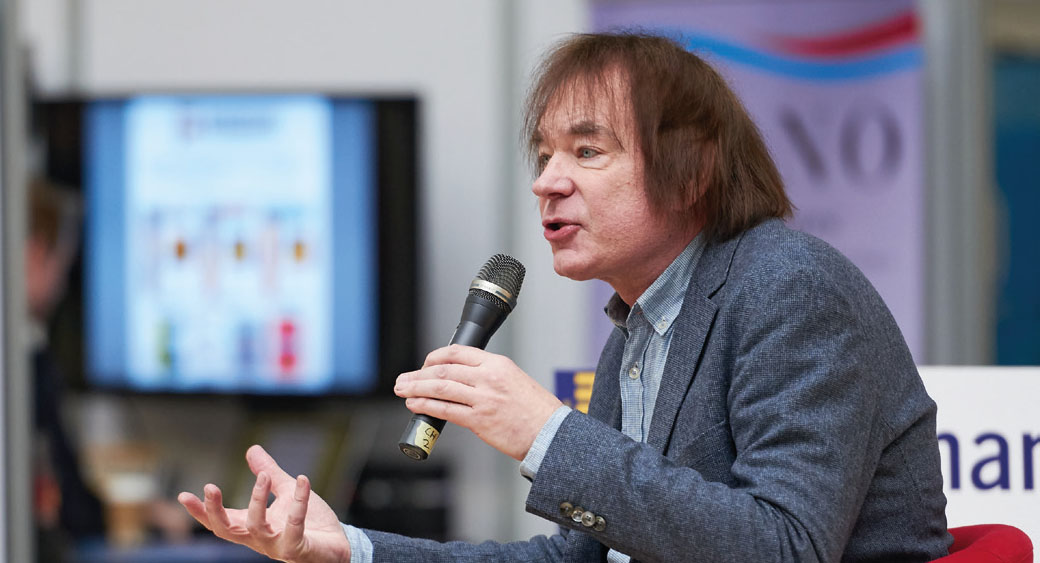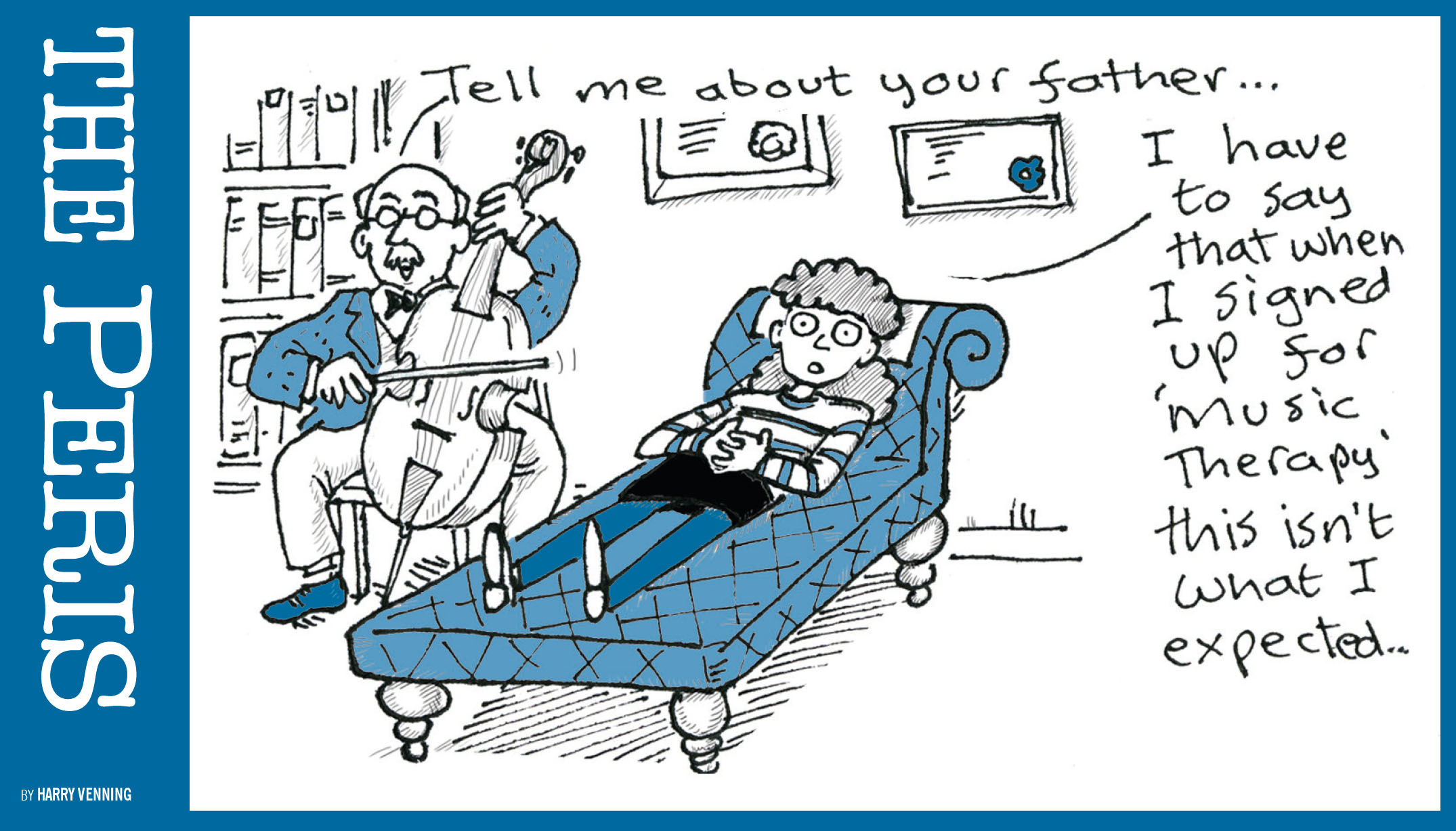
A SENSE OF DÉJÀ VU
The school standards minister Nick Gibb announced last week the formation of an ‘expert panel’ to devise a new model music curriculum, saying that ‘all pupils at least up to the age of 14 should study music in school’. Well they won't unless you stop schools from removing creative subjects from their curriculum.
Music is a statutory national curriculum subject and should be taught up until the end of Year 9, however, a large proportion of schools start GCSE option subjects after Year 8, so no music for the majority after this point. Also, only local authority schools have to follow the national curriculum, academies are free to do what they wish. This means that some have removed music from their curriculum altogether.
At KS4, no arts subjects have been included as mandatory as part of the coveted English Baccalaureate (a mythical qualification which doesn't even exist – nothing for the young person, just a measure for the school). This almost incentivises schools not to offer arts subjects at GCSE.
And don't even think about going on to university to study as you apparently won't earn as much as other professionals, which is clearly all that matters (according to think tanks such as Onwards).
So let's pump more money into music hubs. Will this mean more children truly learning an instrument and benefiting from a greater resourced music department? Or will it simply lead to a couple of term's worth of instrumental tuition in primary school, which has historically lead to few young people continuing into secondary (where parents are usually expected to purchase tuition). How about using the money to further subsidise music tuition in secondary schools, or creating a ring-fenced arts premium (as is the case with P.E.), paid directly to schools? I don't question the honourable aims of hubs, however, like so many parts of education, funding levels have forced them to become businesses needing to generate large amounts of income (usually via instrumental lessons) just to survive.
Finally, the Department for Education is going to pull together yet another panel of experts to tell the music teachers what to teach. Is this really where the problem with music education lies… the teachers? Have we not been here before?
I remember the Music Manifesto in 2007, the National Music Plan and Henley review in 2011, Ofsted's music review – ‘Wider Still, and Wider’ – in 2012, and the revised national curriculum for music in 2013 to name but a few.

(Image credit: Alex de Palma Photography)
Julian Lloyd Webber, pictured speaking at our 2016 Expo, is one of the experts on the DfE's new panel
The majority of these reports call for more music and opportunity for young people in schools – tell us something we don't already know!
It is time the Government, regional schools commissioners, and Ofsted started challenging schools to:
- Deliver a broad curriculum offer to students of all ages, giving measurable credit to those schools that do. (I am hopeful regarding Ofsted's new Inspection Framework on this).
- Ensure all statutory subjects under the national curriculum become statutory in all schools, including academies.
- Support school music departments to ensure funding has a direct impact within the classroom, not just a taster or specialist tuition for the few.
- Place value on arts for all it brings to society, particularly the contribution it could make in combating the mental health crisis in schools and wider society.
- Measure the creative arts in terms beyond its considerable contribution to the UK economy.
Without these measures, music will continue to disappear from the reaches of the many and become restricted to the few.
- Steve Trotter, Rotheram, Education advisor and former secondary head of music









